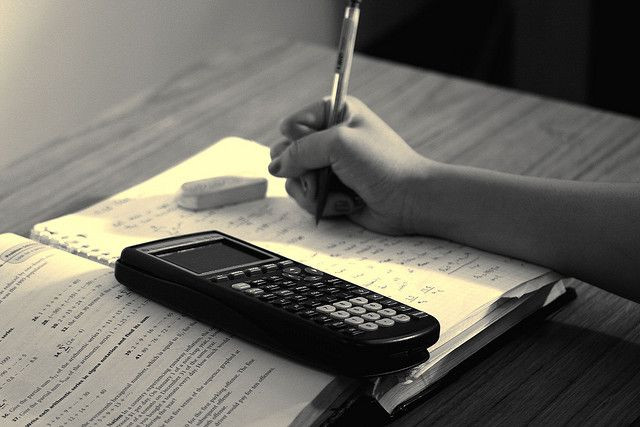One-Third Of High School Grads Not Prepared For College-Level Coursework: ACT Test Figures Show 31 Percent Score Below Benchmark In All Four Sections

On Wednesday, the ACT testing company released figures showing that almost a third of this year’s high school graduates who sat for the standardized exam are not ready for college-level writing, math, biology or social science classes.
American College Testing, commonly referred to as the ACT, measures English, mathematics, reading and science reasoning proficiency in prospective college freshmen. The newly released data indicated that 31 percent of this year’s test-takers were not prepared for advanced coursework in any of these areas. The remaining 69 percent showed adequate proficiency in at least one field.
"The readiness of students leaves a lot to be desired," Jon Erickson, president of the Iowa-based company’s education division, told the Associated Press. He noted that only one-fourth of all students had sufficient scores in all four sections. Among African American test-takers, the figure was 5 percent.
The ACT voiced additional concern over the projected chasm between job availability and student interest. Education fields and computer technologies are expected to account for 17 and 11 percent of professional openings in 2020, but less than 10 percent of students expressed any interest either of these fields. Similarly, only two percent of test-takers expressed interest sales and marketing, which together with community services and management will account for 9 percent of new jobs.
That said, a significant percentage of the graduating class came very close to scoring high enough in at least one section. The new figures show that of the 1.7 million students who took the 215-question ACT exam, 290,000 were within two points of clearing the bar. Erickson believes this group will show sufficient proficiency if they are nudged in the right direction.
"There is a group that's on the fence," he said. "With a little further instruction or motivation, perhaps some additional remediation or refreshing some of their past skills, they may be able to achieve that benchmark."
54 percent of high school seniors nationwide sat for the ACT in 2013. The new figures show that students perform best in English and worst in science reasoning. Since 2009, readiness in math and science has increased, whereas readiness in English and reading has dropped slightly.



























